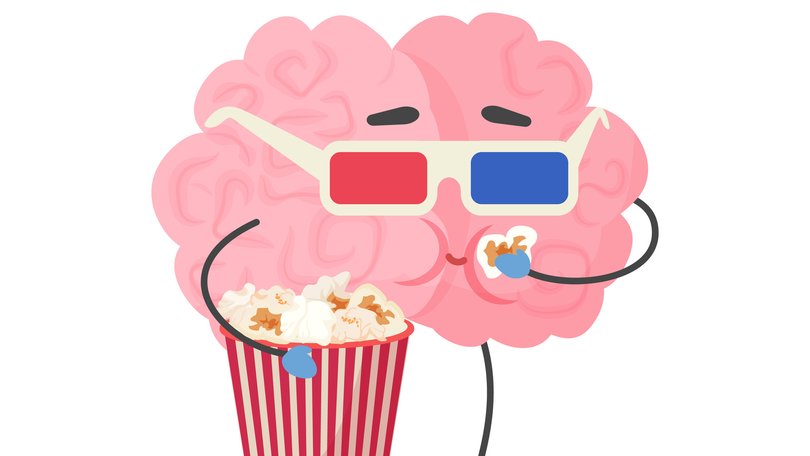Popcorn brain: TikTok, Reels & smartphone scrolling harm attention spans — here’s how to cure digital stress
A diet of autoplay overload could be hurting your brain. Here’s what to do about it.

Nearly everyone is overloaded with information these days. In each minute of every day, 138.9 million reels are played on Instagram and Facebook, according to a 2024 report by Domo called “Data Never Sleeps”.
Consuming this much content on a daily basis has shown to have negative effects on a person’s ability to focus. Since 2004, psychologist Gloria Mark has studied attention spans, and her research shows that people’s attention when viewing a screen decreased from an average of two and half minutes in 2004 to an average of 47 seconds in 2016 — which is about the length of many videos on social media.
But the impacts don’t stop there. In Harvard physician Dr. Aditi Nerurkar’s book, “The 5 Resets: Rewire Your Brain and Body for Less Stress and More Resilience,” she discusses yet another side effect of information overload: “popcorn brain.”
Sign up to The Nightly's newsletters.
Get the first look at the digital newspaper, curated daily stories and breaking headlines delivered to your inbox.
By continuing you agree to our Terms and Privacy Policy.Popcorn brain is when “our brains get habituated to this constant streaming of information, making it harder for us to look away and disconnect from our devices, slow down our thoughts, and live fully offline,” Nerurkar wrote in her book.
“While not a true medical diagnosis, popcorn brain is a growing cultural phenomenon.”
Here’s how to gain more control over what you’re consuming, and shift your popcorn brain from a HArvard Health Expert.
The concept of popcorn brain was created by researcher David Levy in 2011, and it can look like staying up-to-date with the news to frequently checking your social media to see who’s engaging with what you’re sharing. The overload of information can lower your productivity levels, affect your memory and cause you to feel more stressed.
To get out of the loop of picking up your phone every few minutes, and ditch your popcorn brain, Nerurkar suggests four practices:
- Limit yourself to no more than 20 minutes twice a day of scrolling on your phone. “At all other times, use your phone only for essential calls, texts and emails,” she said. To stick to your limit, set a timer when you’re scrolling.
- Turn off push notifications and pop-up features.
- Keep your smartphone at least ten feet away from your workstation to focus on work. “At home, consider doing the same, especially when you’re with your family members,” Nerurkar suggested.
- Don’t put your phone on the nightstand when you’re going to sleep. This tactic helps you to avoid checking your phone right before bed or early in the morning. Let your loved ones know to call in case of emergencies, and keep your phone’s ringer on.
Ditching your smartphone won’t be easy when you first start, she acknowledged. It’s important to have helpful alternatives for when you want to reach for your phone like a notepad, a fidget toy, a book or a quick exercise like walking around the room.
“Rewiring your brain and overcoming your primal urge to scroll is a major feat,” Nerurkar said.
“In time, your stress will thank you because you’ll be deciding who and what gets your attention, not a device in the palm of your hand.”
